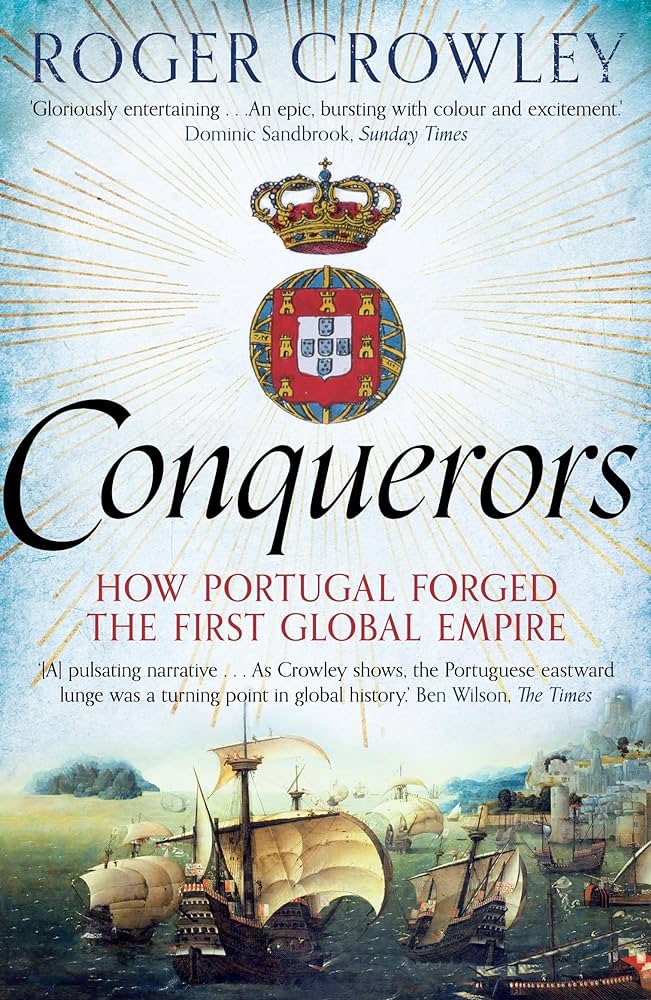Give me some citations please

I recently started reading "Conquerors: How Portugal Forged the First Global Empire" by Roger Crowley. While I’ve only highlighted two passages so far, both of them contained incorrect information.
The first passage:
The Romans knew of the Canary Islands, a smattering of rocks off the coast of Morocco, which they called the Fortunate Islands and from which they measured longitude.
After some research, I discovered that while Ptolemy used the Canary Islands as a theoretical reference point for longitude, the Romans did not actually use this method for navigation.
The second passage:
[In China] in 1500 it became a capital offence to build a ship with more than two masts; fifty years later it was a crime even to put to sea in one.
While there were indeed strict rules on shipbuilding in China during this period, it was never a capital offence unless it was associated with piracy or treason.
The importance of citing sources
It’s possible that the author had access to sources I’m unaware of, and I could be mistaken. However, this experience reinforces my wariness of books that don’t cite their sources.
I still enjoy reading non-fiction books that are free of citations, and I do my best to trust the information they provide. However, I often assume that around 25% of the content is inaccurate. This doesn’t even take into account the potential inaccuracies, omissions, or biases in the historical sources themselves – a topic for another post.
This a lesson in how useful, but worrying, it can be to try and find sources for what you read.
[I acknowledge the irony of not citing sources in this post!]
Read this next: Little Links & Notes 5